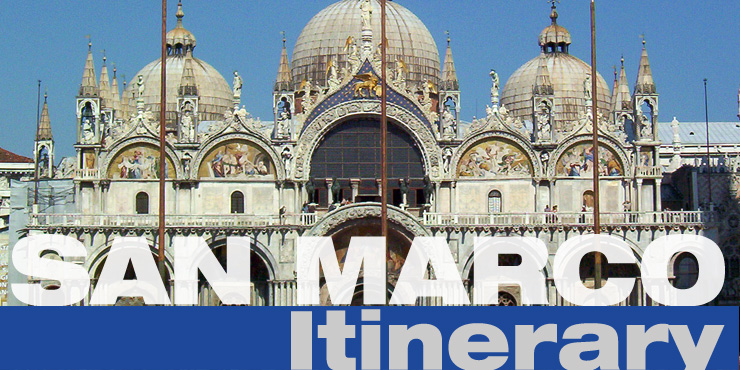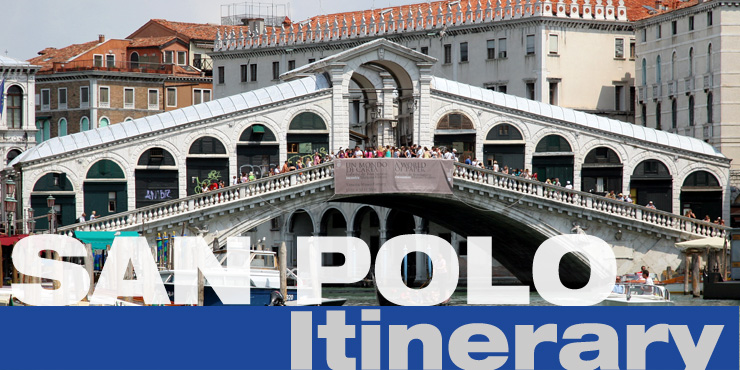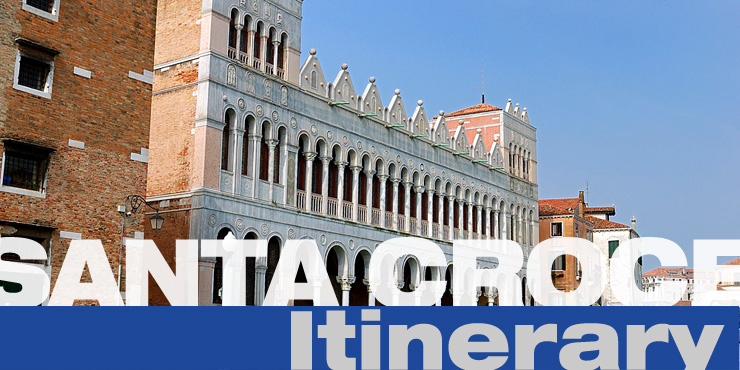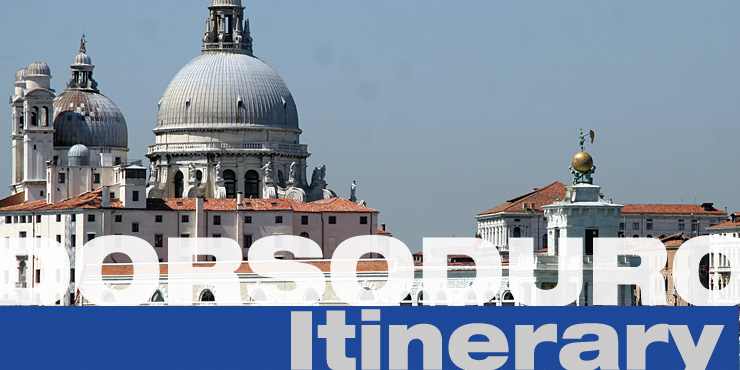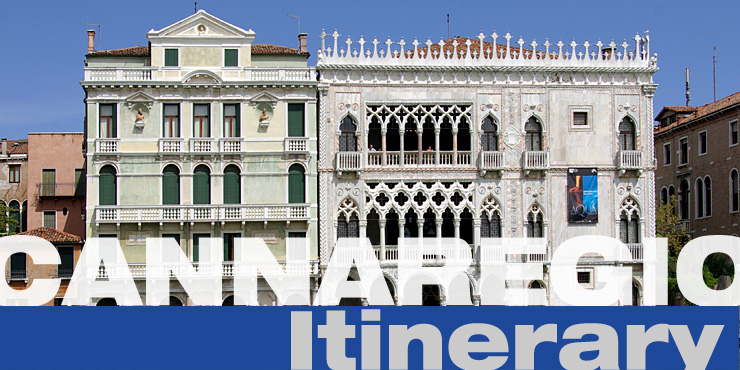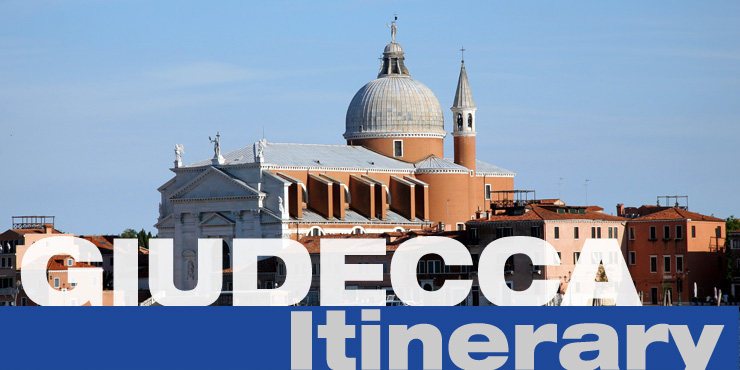San Marco is one of the six sestieri of Venice, lying in the heart of the city as the main place of Venice. San Marco also includes the island of San Giorgio Maggiore. Although the district includes Saint Mark's Square, that was never administered as part of the sestiere. The area is densely built and is now heavily touristed.
Suggested itineraries for your city break in Venice, Italy. Each itinerary is a self-guided tour to visit the main attractions including tourist information and recommendations. An itinerary for a first-time visit to Venice.
San Polo is the smallest of the six sestieri of Venice, covering 35 hectares along the Grand Canal. It is one of the oldest parts of the city, having been settled before the ninth century, when it and San Marco formed part of the Realtine Islands. The sestiere is named for the Church of San Polo.
The sestiere of Santa Croce is the north-east of the city and via Piazzale Roma it connects Venice to the mainland. All this area has been subject to many demolitions and transformations, starting in 1810 with the demolition of the church and monastery of of Santa Croce, which gave their name to the district.
Dorsoduro, one of the six sestieri of Venice, includes the highest land areas of the city and also Giudecca island and Sacca Fisola island. Its name derives from the Italian for "hard ridge", due to its comparatively high, stable land. The original heart of the area was the Giudecca Canal, along which building were constructed.
Cannaregio is the northernmost of the six historic districts of Venice. It is the second largest sestiere by land area and the largest by population. San Michele island, the historic cemetery, is associated with the district. The Cannaregio Canal gave the district its name (Canal Regio is Italian for Royal Canal).
The sestiere of Castello was one of the earliest parts of Venice to be settled (fifth to sixth centuries). The district takes its name from the castle that stood there and which provided defence from attacks from the sea. Here is the ancient Arsenal, that was an essential part of the life of the repubblica.
The island of the Giudecca, the largest of the islands of Venice and the nearest to the historic centre, owes its name, according to some, to very early settlement by a Jewish community, as demonstrated by the existence of two synagogues, now demolished, and by the discovery of a stone with a Jewish inscription in the area near the Zitelle.
VENICE NAMES
Venezia, Venice, Venecia, Venedig, Venise, Venesia, Venecija, Veneza, Venizia, Venessia, Venesiya, Venedeg, Benezia, Venesië, Feneesje, Feneyjar, Venetiae, Venecija, Venetië, Wénitsiye, Venetië, Wenecja, Venetia, Venediku, Vinezzia, Benetke, Venetsia, Venedik, Venesya, Vignesie, Benátky, Veinéis, Горад Венецыя, Венеция.


